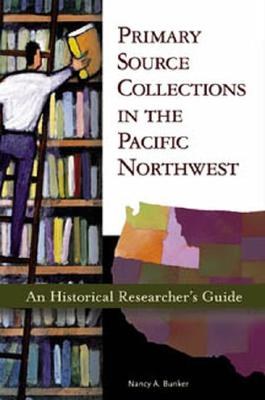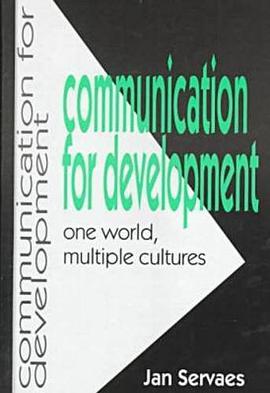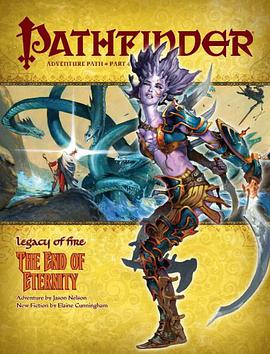

具体描述
The Psychoanalytic Theory of Neurosis, Fenichel's classic text, summarized the first half century of psychoanalytic investigation into psychopathology and presented a general psychoanalytic theory of neurosis. When Otto Fenichel died, Anna Freud mourned the loss of 'his inexhaustible knowledge of psychoanalysis and his inimitable way of organizing and presenting his facts'. These qualities shine through The Psychoanalytic Theory of Neurosis which has been a standard reference for generations of psychoanalysts. For this anniversary edition, Leo Rangell has written an introduction that sets Fenichel's work in context. He sees Fenichel as a worthy heir to Freud; both men influenced their followers by what Rangell calls 'the charisma of ideas'. In his epilogue, Rangell describes the fate of Fenichel's ideas and of this book as 'a barometer of the place of psychoanalysis ...within the external intellectual world and, even more significantly, of the trends and shifting winds of opinion within the psychoanalytic field itself'. He traces those trends through the turbulent controversies of the field, concluding that Fenichel's observations are as fresh and relevant today as they were fifty years ago.
作者简介
目录信息
读后感
评分
评分
评分
评分
用户评价
相关图书
本站所有内容均为互联网搜索引擎提供的公开搜索信息,本站不存储任何数据与内容,任何内容与数据均与本站无关,如有需要请联系相关搜索引擎包括但不限于百度,google,bing,sogou 等
© 2026 book.wenda123.org All Rights Reserved. 图书目录大全 版权所有




















